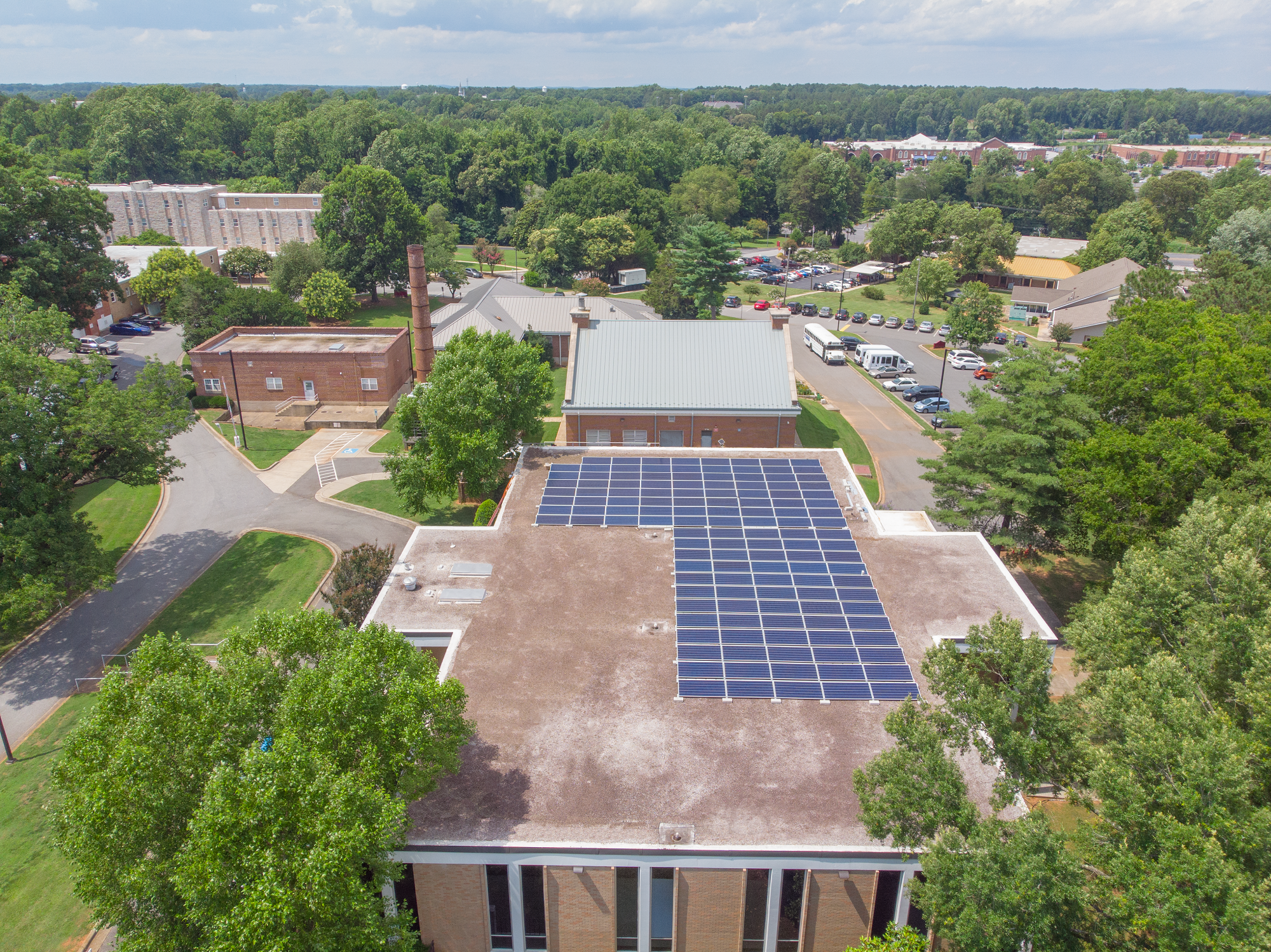Solar In York, SC
Going Solar in York, SC is Easier Than Ever
Thinking about going solar in York, SC? If you’re located in this charming town, you probably see the increase in solar installed all around you. It’s happening all around South Carolina but is especially prevalent here because not only do federal and state tax credits make it attractive, but friendly utility programs and homes conducive to solar further encourage solar investment.
Renu Energy Solutions is happy to be one solar contractor that’s a big part of the tremendous growth for solar in York county. The rising trend on the part of home and business owners to consider solar – and ultimately choose to install solar – is more than a passing fashion. Shrewd business people and product residents are taking note of proposed electric rate increases. On top of already whopping electric bills, especially in the heat of summer, a means of protecting family budgets from rate increases and high energy costs is key.
Consumer-owned solar continues to deliver the most worry-free, beneficial model for the homeowner to harness the benefits of getting energy from the sun. Let a solar pro from Renu Energy Solutions discuss converting to solar in York with you and demonstrate how rooftop or ground-mounted solar can make your energy goals achievable.
How Renu Can Help You Convert to Solar in York
A solar contractor works with you to propose a solar installation that will best fit your needs, and Renu Energy Solutions goes above by guaranteeing energy production to take the risk away from the equation. We’ll be glad to discuss your solar goals with you.
Reach out to us with questions – and then come to us for a no-obligation solar consultation at no cost to you to learn your potential.

Frequently Asked Questions About Solar For Your Home:
How exactly does going solar and a solar system itself work?
How many solar panels do I need for my home?
Roof-size/available space: When we look at the size of your roof and the space available, we gather data that tell us the maximum number of solar panels your home or site can hold and we even consider shading. We use a software “Suneye” which takes a 360 picture of your roof and we use this photo to determine if your home is a good candidate for solar.
Energy Usage: When we determine energy usage we look at your past electrical bills from over the course of a year to make sure your system isn’t too big or too small.
Your Budget: We take your budget seriously and most importantly, we want you to be satisfied with our services. We take your feedback on how much you want to spend so that we can size your system appropriately.
